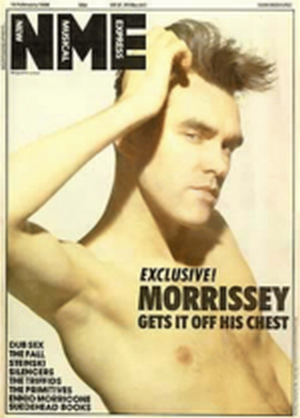
Google is to go head-to-head with Wikipedia, the web’s largest reference work, in a clash of two of the internet’s most powerful brands, Rhys Blakely of the Times of London reports
A new Google service, dubbed knol, will invite “people who know a particular subject to write an authoritative article about it”, Udi Manber, a Google engineer, said.
Like Wikipedia, articles in knol (the name derives from “knowledge”) will be free to read online. In a departure from the nonprofit Wikipedia model, however, knol’s authors will be able to attach advertising to their work and take a share of revenues.
“The goal is for knols [individual articles] to cover all topics, from scientific concepts to entertainment,” Mr Manber said. The project is the latest to distance Google from its roots in internet search and pitch it against well-established rivals in a new sector. The company recently squared up to the mobile phone industry by unveiling its own operating system for hand-held devices. It is also set to bid for a portion of America’s airwaves that it could use to build a wireless broadband network.
The creation of knol, at present in an invitation-only test phase but likely to be open to the public within months, will set two of the web’s titans against each other.
In October, Wikipedia, which relies on donations for funds, was visited by 107 million people, or a third of the “active global internet population”, according to Nielsen Online, the analyst. That made it the eighth most-visited online destination.
Google’s search engine was the world’s most popular site, with more than 260 million users, although its own reference work, Google Scholar, was only fifteenth in its class, with about 4.5 million users. Google, which says that it exists “to organise the world’s information and make it universally useful and accessible”, suggested that knol was designed to stamp out the malicious entries that have blighted Wikipedia, the online encyclopaedia that “anybody can edit”.
“We believe that knowing who wrote what will significantly help users make better use of web content,” Google said. The company noted that it “will not serve as an editor in any way and will not bless any content. All editorial responsibilities and control will rest with the authors.” Contributors will retain the copyright to their submissions.
However, as well as being ranked by readers, content will be ranked by the Google search engine, which will be the most important access point to the site. Mr Manber said: “A knol is meant to be the first thing someone who searches for this topic for the first time will want to read.”
Jimmy Wales, the Wikipedia founder, who recently launched a rival search engine to Google’s, questioned whether knol would be able to generate enough “quality content”. He also suggested that knol articles would lack balance. “They are not going to allow collaboration and aren’t going to go for Wikipedia’s neutral style,” he said.
Where Wikipedia promotes collaboration between authors, knol looks set to foster rivalry. Contributors to knol will not be able to contribute anonymously and will not be able to edit each other’s work, two defining characteristics of Wikipedia. Whereas on Wikipedia, readers find only one entry on, say, the First World War, on knol authors will submit separate pieces that will compete for advertising dollars.
Wikipedia, founded in 2001, has more than eight million articles in 253 languages, from Afrikaans to Zazaki. In contrast to Google, it has refused to alter its policies to operate in different countries, which has led it to being blocked in states such as China.





